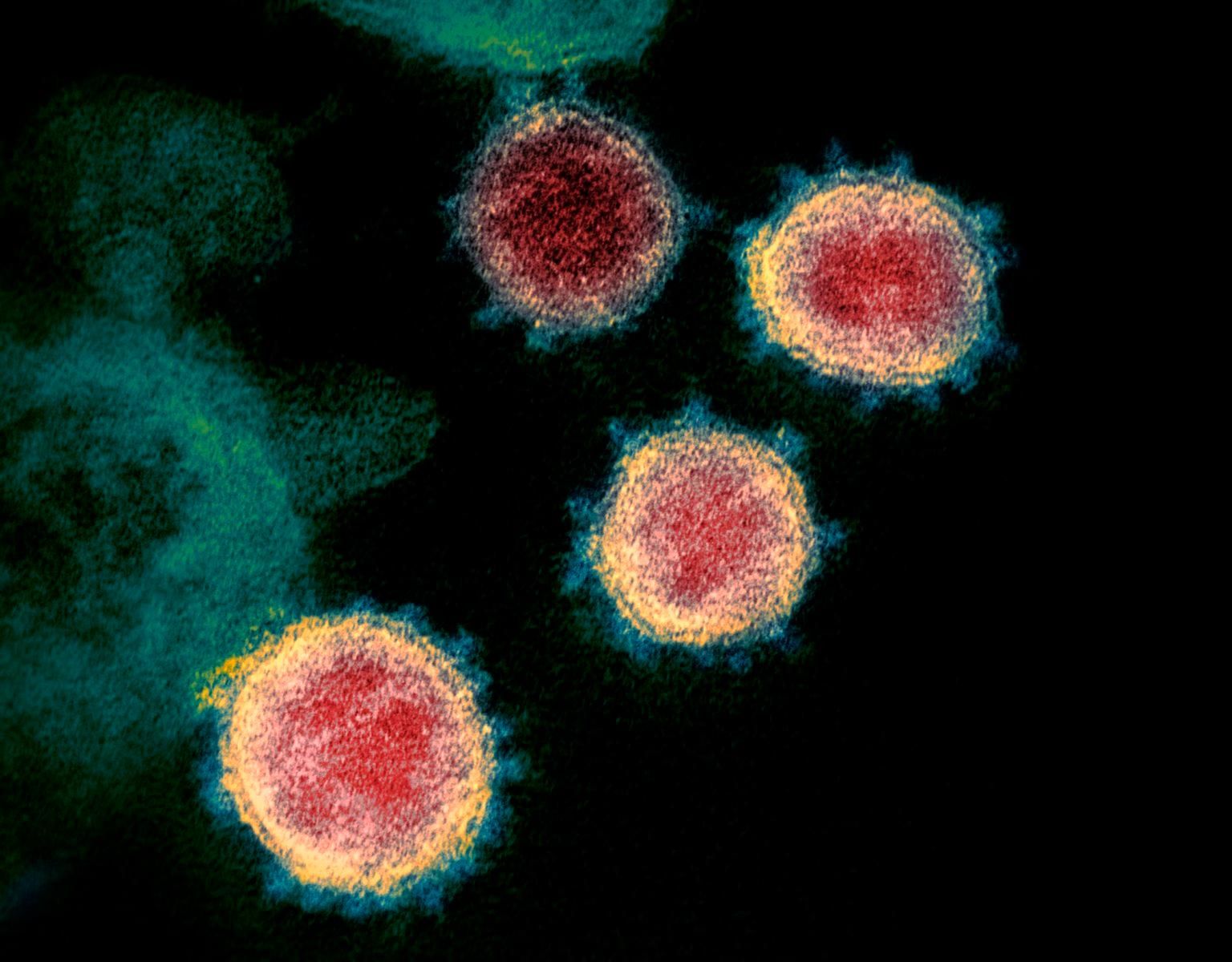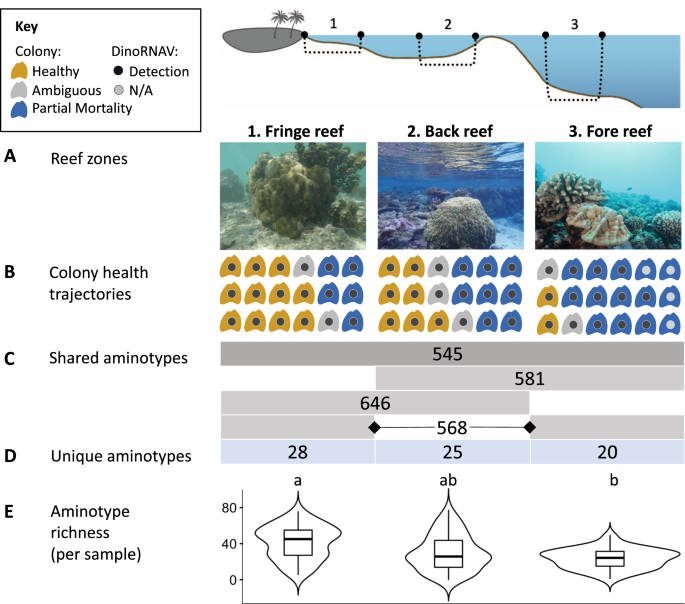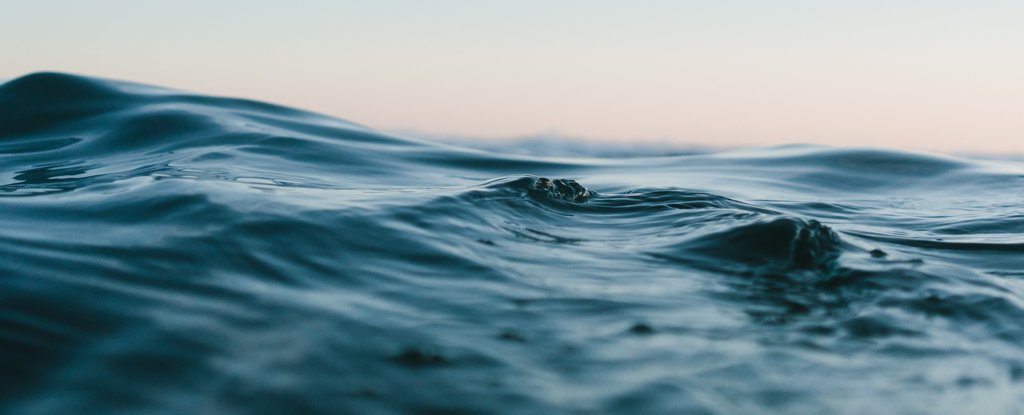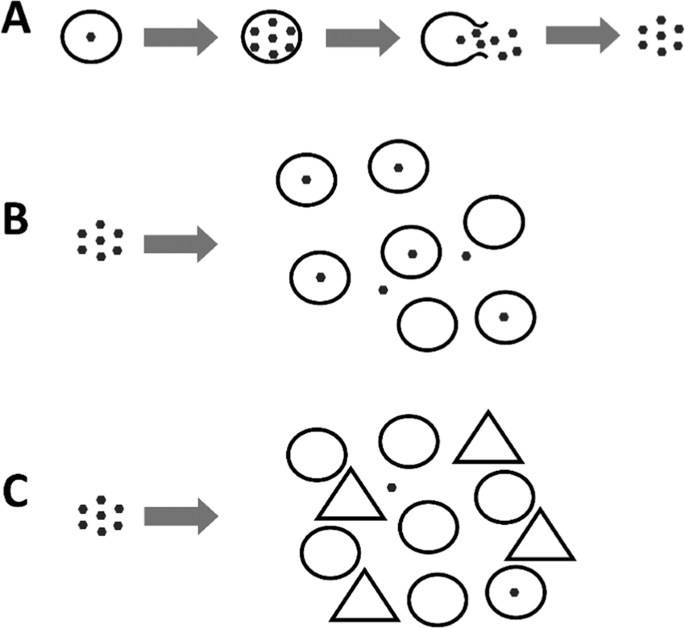Randy Holmes-Farley
Reef Chemist
View Badges
Staff member
Super Moderator
Excellence Award
Expert Contributor
Article Contributor
R2R Research
My Tank Thread
- Joined
- Sep 5, 2014
- Messages
- 67,438
- Reaction score
- 63,836
Each liter of natural seawater contains a billion bacteria.
Reef keepers prattle on endlessly about good and bad bacteria.
Each liter of natural seawater contains ten times that many viruses.
When was the last time a reef keeper asked whether any of those trillions of viruses in their aquarium might be contributing to the problems they are experiencing?
There's no easy answer to this issue. We can barely get a handle on a handful of human pathogenic viruses. Perhaps that's why it's not discussed much, but that doesn't mean it isn't playing a large role in reef aquaria.
How would we even know?
There is a constant stream of folks with problems that might be viruses. But there are no tests and no solutions.
Is ignorance bliss? Not to the guy who loses his prized organism for unknown reasons.
Reef keepers prattle on endlessly about good and bad bacteria.
Each liter of natural seawater contains ten times that many viruses.
When was the last time a reef keeper asked whether any of those trillions of viruses in their aquarium might be contributing to the problems they are experiencing?
There's no easy answer to this issue. We can barely get a handle on a handful of human pathogenic viruses. Perhaps that's why it's not discussed much, but that doesn't mean it isn't playing a large role in reef aquaria.
How would we even know?
There is a constant stream of folks with problems that might be viruses. But there are no tests and no solutions.
Is ignorance bliss? Not to the guy who loses his prized organism for unknown reasons.



















